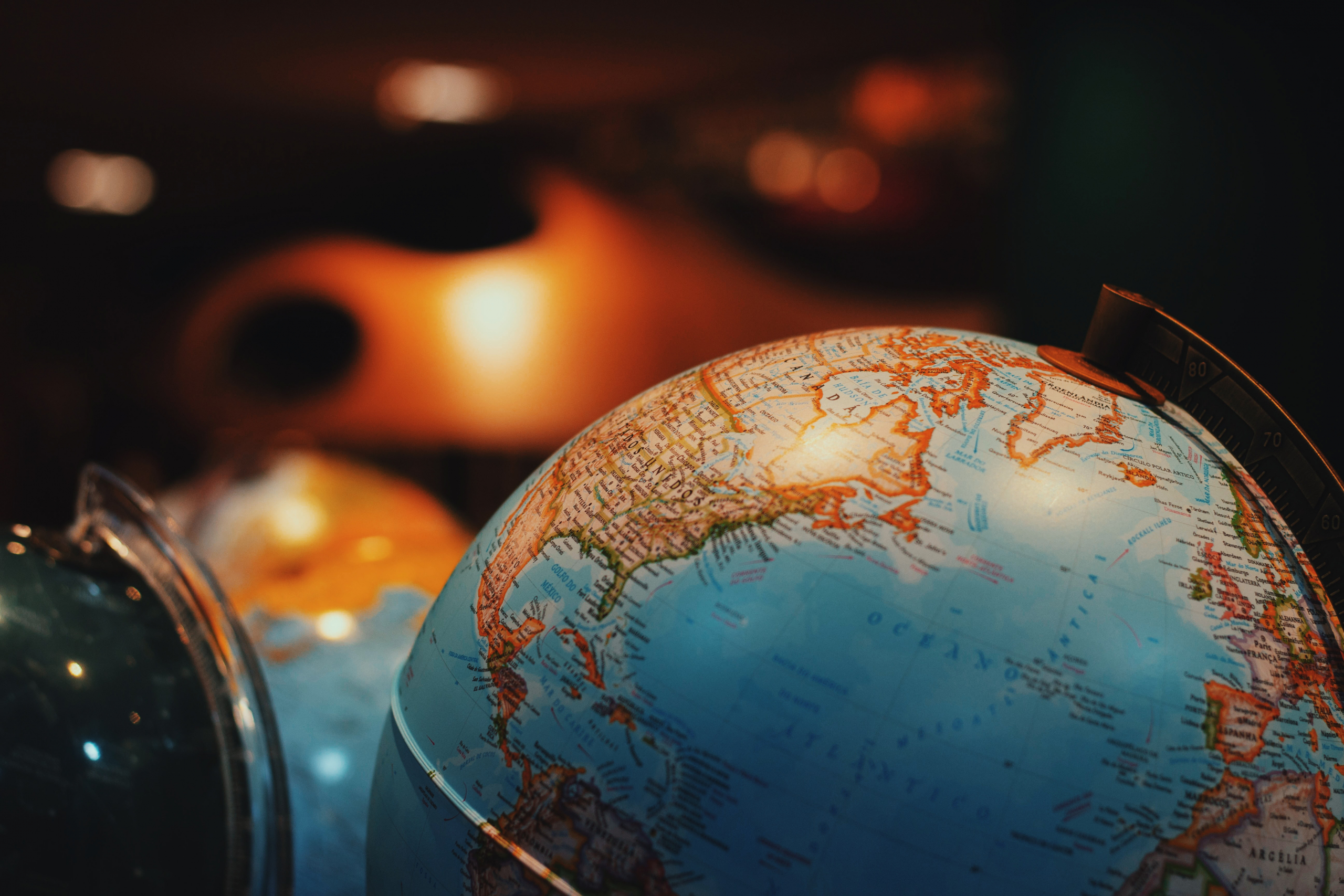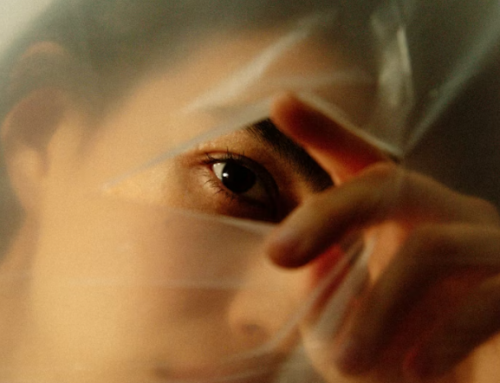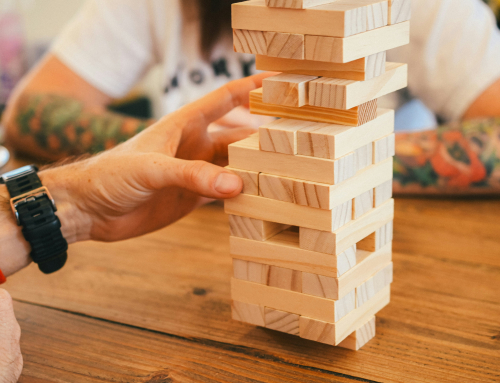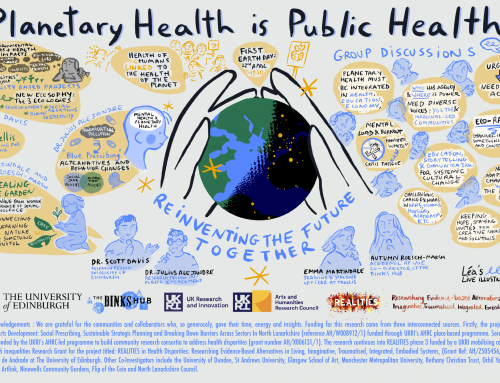In the spring of 2021, I was invited to assist on a global health project, supported by the Scottish Funding Council Global Challenges Research Fund grant, that sought to address key pervasive health inequities in Brazil through the use of innovative creative methodologies. The project afforded me the opportunity to apply the knowledge and skills I had developed from the recent MSc Research in Health Humanities and Arts course I completed at the University of Edinburgh. I was hired as a research assistant on the project; which partnered the University of Edinburgh with the Universidade Federal de São Carlos, Universidade Federal do Rio de Janeiro and two established grassroots social platforms, the Emancipation Network and InformaSUS.
The Brazilian partners, made up of Professor Gustavo Nunes de Oliveira, Professor Crispim Antonio Campos, and Dr Daniela Xavier Haj Mussi, were passionate about tackling health inequality and worked tirelessly to create an open-access, free-of-charge online course entitled Collective Health in the Peripheries. and hosted on social (via YouTube) and scientific communication platforms for anyone who wanted to get take part. The course was made up of 6 modules, delivered weekly, each dealing with a different groups’ struggle for health equality in Brazil: feminists, urban and peripheral, indigenous and rural, prisoner populations, the LGBTQ+ community, and ethnic minorities experiencing discrimination and racism. Each week, a guest in either an activist, academic, or professional capacity was invited to share their work and experience as directly related to that week’s topic, followed by interactive workshops and discussion forums for participants to engage and discuss.
As Health Humanities and Arts (HHA) researchers, we were interested in seeing how humanities and arts disciplines could be utilized to understand and communicate these experiences of health inequity and social justice. The Brazilians partners graciously welcomed us in. But how do you even begin to understand realities you haven’t experienced? How do you embody the research when someone else’s experiences differ so drastically from your own that you cannot comprehend it? This is where Health Humanities and Arts can bridge this incomprehensible gap. Centring ontology and epistemology—our perceptions of being and knowing, our realities and truths as way of discovery, we set about creating and attaching co-produced HHA prompts to each of their established six sessions, with every prompt related to that week’s topic, utilising creative methodologies such as photography and poetry to explore participants’ lived experiences. Through this use of art, marginalised participants’ experiences of inequality were unpacked in order to identify urgent needs, future aspirations and imaginative solutions bridging the gap between experience and understanding.

An example of a prompt and accompanying image
Our method prompted hundreds of individual responses, collected onto the interactive multimedia platform ConceptBoard. I had been part of many research projects before, but this was the first time I had witnessed participation of such magnitude: over 15,000 participants took part in the course, all from a multitude of different backgrounds and each facing their own unique barriers to health inequities. Sign-ins to the YouTube sessions had viewings of anywhere from 4,000 to 16,000 participants. A testament to the strength of the course and lively engagement from the communities. The HHA prompts for each of the sessions can be viewed here and the responses to each prompt can be viewed here.
As mentioned, alongside the six sessions were discussion forums called Open Talks. Weekly online gatherings, providing an opportunity for more in-depth conversations on the participants chosen topic. We were granted an Open Talk to delve into participants’ lived experiences of their current realities in Brazil, their notions of reality and truth (ontology/epistemology), and their own imaginative solutions and aspirations. This was done through a world-building, character-building exercise, where visions of a just, equal world were explored using the five senses—If health equality was a sound, what would it sound like? What would happiness smell like to you?—and led to powerful, beautiful and thought-provoking responses. The questions asked and responses can be found here.

One tangible outcome of this project was that of a citizen-led manifesto for change—informed by our project findings— that explores strategic next steps for bottom-up public health interventions that can shape policies that speak to people’s lived realities, help to design fairer practices and secure further research grants for this type of work. I believe this is just the beginning of a continuing partnership between Edinburgh and Brazilian academic institutions and the inspiring researchers and activists I worked with.





